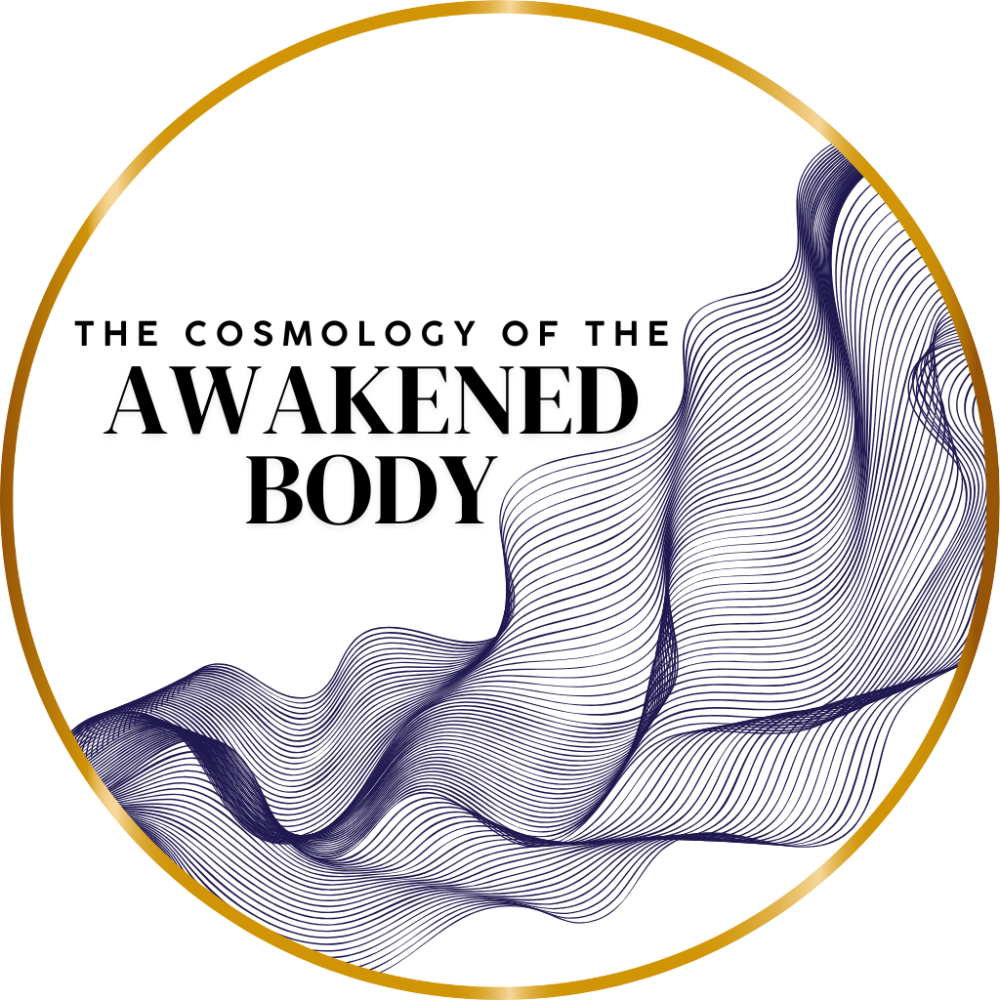The Cost of Carrying What Is Not Ours
Sep 24, 2025
Freeing the heart from the subtle, relational form of “emotional labor”—distinct from workplace or identity-politics debates
We live in a culture that rewards codependent habits, much of it operating beneath awareness. We inherit these patterns from what was modeled and praised in childhood, including family dynamics, subtle social cues, and the lessons of growing up. Since they're so foundational they can feel like love itself until we begin to question them. These include subtle forms of unskillful relating where love is confused with caretaking, binding everyone in patterns that constrict real connection.
From an early age many of us learn to regulate other people’s moods, to anticipate their needs, and to keep the peace at any cost. We absorb emotions, smooth conflict before it surfaces, and hold what others cannot yet hold themselves. This hidden work is called emotional labor. Here I use the term in its plain sense: the unspoken effort of holding what belongs to someone else, not the sociological meaning popular in current politics. It can masquerade as kindness, love, service, or devotion, yet it exhausts the spirit, creates confusion, and delays the real healing that only self-responsibility can bring. The true heart remains bound and diminished.
Compassion meets another’s experience without taking it on. Without entanglement or enmeshment. Emotional labor, by contrast, assumes responsibility for what belongs to someone else. It is an attempt to manage reality on their behalf. To manage their experience based on what you think is needed, and what feels more comfortable for you. This is subtle coercion, even when dressed as care. It keeps others from the necessary encounter with their own truth and drains our own capacity to remain clear.
When we hold what is not ours, we weave extra threads into the field of relationship: threads of avoidance, rescue, and resentment. These threads tangle communication and obscure the natural intelligence of the heart. What feels like support becomes an invisible cage, enslaving both giver and receiver. These types of entanglements create energetic binds that limit our capacity for freedom.
Freedom begins with a simple recognition: I do not need to hold this for you.
This is not rejection. It is respect, for yourself and for the other’s wholeness. To step out of this hidden holding is to trust that every being has the capacity to reclaim what they have disowned. Your own steady presence, free of what isn’t yours, is the real act of love and compassion.
Sometimes another person resists that responsibility. They may project blame or pain onto you, presuming you will hold the very charge they have disowned, the feelings they are unwilling to face. In these moments the invitation is to remain steady and undefended. Name the projection if the relationship allows: “I see you’re asking me to hold this, but it isn’t mine.” Stay rooted in your own clarity without arguing or absorbing. Offer the silent blessing that they will meet their own life in their own time. Refusing the role of holder is not coldness, it is a deeper faith in their capacity to awaken.
These patterns are rarely confined to obviously “spiritual” settings; they surface just as easily in everyday life, cloaked in language of destiny or hidden agreements.
Emotional labor can hide in ordinary friendships, workplaces, and families: a colleague who speaks of “a big collaboration we’re destined to create” but never names the project; an acquaintance who hints at “unfinished work between our souls,” as if an unseen contract or karmic tie demands resolution; a relative who invokes “what everyone else feels,” framing it like an ancestral agreement you are duty-bound to honor. Whether the language is of destiny, karma, or hidden soul contracts, the common thread is ambiguity paired with a subtle claim of authority. You are left to interpret, to plan, to soothe, to carry the unspoken. Because nothing explicit is requested, declining can feel like breaking a promise you never consciously made—and the other person’s reaction may carry a surprising sense of entitlement.
Emotional labor can also take the form of indirect communication or 'subliminal messaging'. Someone may try to deliver a judgment or request without ever naming it, sending pointed articles, speaking in veiled metaphors, offering “general reflections” that feel oddly personal. When questioned, they deny that anything is being implied. The result is a low-grade, persistent tension: you are left to decipher whether there is a message at all, to wonder if you are imagining things, to hold the weight of an unnamed conflict. The unspoken expectation is that you will do the interpretive work, that you will translate hints into clarity and maintain harmony while the other avoids the vulnerability of a direct conversation. This too is emotional labor, and it is often the most draining because it can be difficult to prove that anything has been asked of you at all.
Emotional labor also arises when someone hides—retreating into silence, avoiding presence, or masking their true stance while insisting that nothing is wrong. Their withdrawal creates a vacuum you are tempted or expected to fill: you reach for reassurance, try to draw them out, wonder what you did, and hold the tension of an unspoken truth. Even without words, the hiding asks you to carry the weight of disconnection and to keep the relationship alive on your own. In this way, their silence hands you the task of holding the relationship together.
Again and again the invitation is the same: will you carry the disowned charge? To decline is to return that energy to its rightful owner and stay clear.
For those walking a path of awakening, this hidden work becomes more than a personal drain, it is a subtle tether to illusion. It pulls awareness outward into managing someone else’s reality, reinforcing the sense of a separate “me” who must fix or soothe. It adds energetic density—thought loops, somatic tension, subtle cords—that veils the natural luminosity of the heart. And it delays the true meeting that awakening invites, where each person stands in their own clarity and the field of relationship is free of unspoken claims. Laying down this labor is not withdrawal; it is a profound act of trust in the intelligence of life itself. To step out of this hidden labor is to release every subtle entanglement—the unseen agreements to carry what was never ours.
Letting go of emotional labor does not mean indifference. It calls for inner integrity: a felt sense of safety and trust in your own ground; the courage to name what is and is not yours; boundaries that are steady but not rigid; and a steady honoring of your unique essence. From this basis of coherence, genuine compassion flows without effort or fatigue.
When we cease the subtle work of carrying others, the heart is no longer conscripted. Sadness can arise as pure compassion—fluid, luminous, free of burden. What once felt like duty is revealed as interference itself.
Presence itself becomes the gift.
To stop doing emotional labor is not to withdraw love. It is to honor love’s true form: a presence that neither clings nor shields, that allows every being to meet their own life directly. This is the freedom of the unbound heart.
This piece stands at the center of a living trilogy on power, responsibility, and relationship—following Sovereignty in an Age of Shadow, which explored how distorted power and fear obscure true sovereignty; and leading toward The End of Scapegoating and the Beginning of Wholeness as the Ground, which dissolves the habit of exile and restores contact as the basis of truth.
Here, in The Cost of Carrying What Is Not Ours, the movement turns inward to examine the exhaustion of over-responsibility and the rediscovery of balance between care and clarity.
Together, these writings chart one movement of maturation: from control to clarity, from fusion to integrity, from separation to wholeness—until what once divided becomes the ground of belonging.
For those who feel called to live this movement more deeply, Self-Clearing: The Foundational Transmission offers a free introductory module—a simple beginning for embodying coherence and self-love.
Stay attuned to the field
Receive occasional writings, transmissions, and invitations from The Cosmology of the Awakened Body.
We will never sell your information, for any reason.

